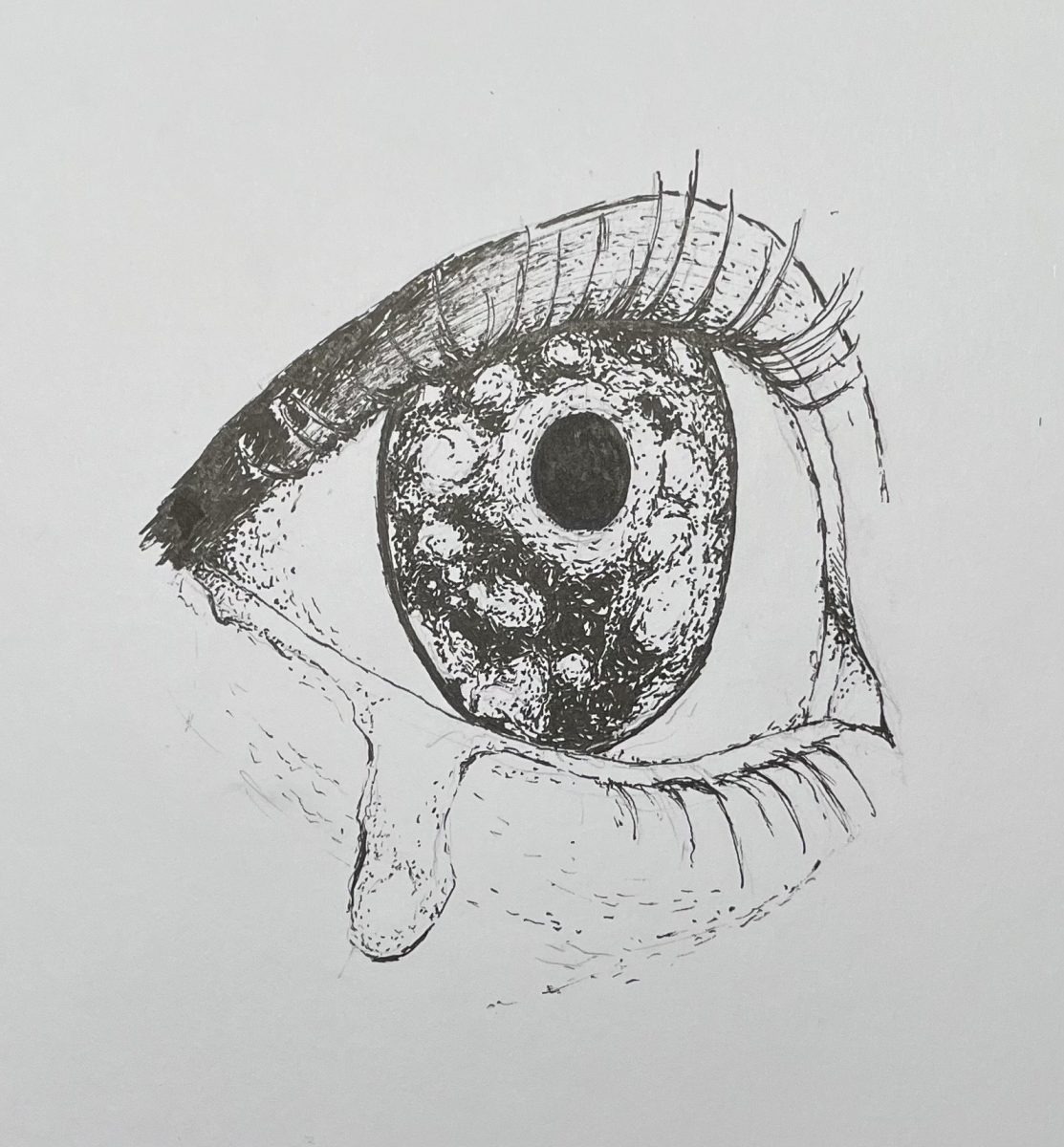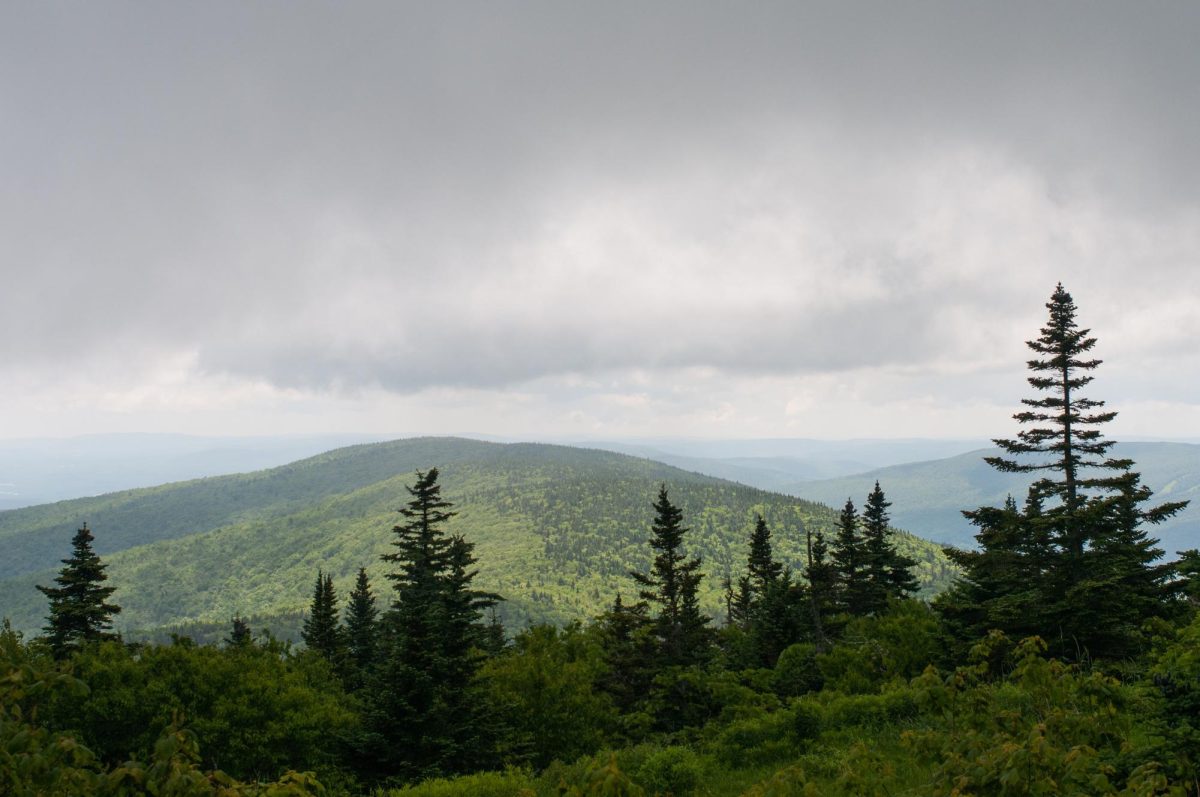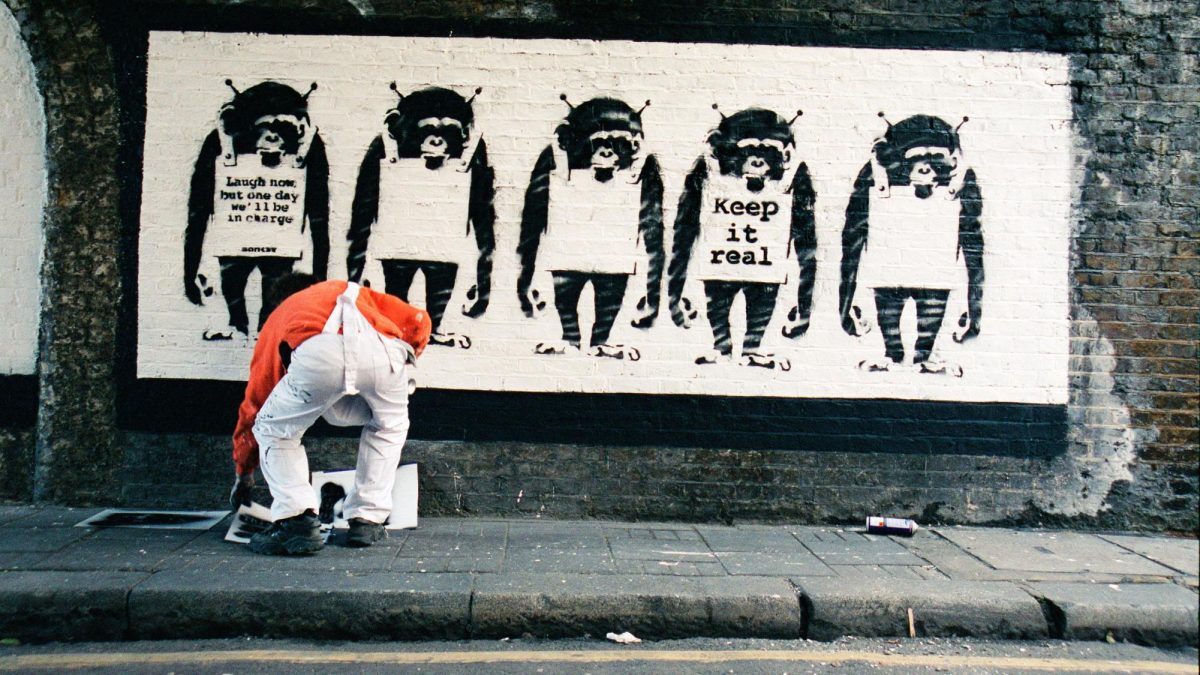As humans, we often forget that we are a part of nature. Our higher consciousness allows us to be more aware of the world and ourselves, giving rise to abstract and complex thinking. This thinking led us to build civilization as we know it. However, it also gave us the illusion of a foundational human self. We think we are fundamentally different, or separate from nature, an idea that is deeply flawed.
Nature is all around us, always, because we are nature. We are made of elements that were forged in the hearts of stars, like everything else on earth, like everything else in the universe. We are not a drop in the ocean, but the ocean in a drop: we are the universe experiencing itself.
By placing ourselves on a false pedestal, we have lost sight of what it means to be. We have placed ourselves so far up that we cannot see the objective ground that supports us. Having lost sight of this ground, we decide to use a superficial one. We decide to derive all our rules, morals, and ethics from the platform of our pedestal, not the foundational ground of existence.
Because of this, we develop the traits that our religions seek to cope with: greed, selfishness, arrogance, and above all, hatred. If humanity’s self righteousness is the flint that sparks the flame of superiority, hatred is the wood that fuels this fire. Peering down on the world, with a confusion so vast, humanity has developed an arrogance so bottomless that it poisoned everything. We hate what we don’t understand; we hate everything.
Seeking to cope with the horrors of humanity, we develop religion. But like any coping mechanism, the comfort religion gives is superficial—not because it fails to provide emotional depth, but because it offers no objective clarity to the confusion that birthed it. Through preaching a worldview of anthropocentrism, religion justifies our placement on the pedestal of superiority, justifies our undaunting arrogance. Paradoxically, yet poetically, religion breeds what it is
meant to destroy.
How do we step off our pedestal? We need to acknowledge that we are a scared and lonely species, that we created this hollow throne as an act of self defense against the overwhelming confusion of being self aware. Humanity is left alone to ponder the complexities of existence, burdened with bearing the weight of a million “why”s.
Why am I here? Why is humanity here? Why can we even ask these questions?
It does not have to be this way. Instead of defying the questions that define us, we must accept them, transforming weight into wonder. We let the cloak that is consciousness scare us, due to a fixation on the meaning hidden behind this veil; meaning that may never be found. Instead, we must acknowledge the meaning delivered to us through the
act of unveiling the cloak, through being. This meaning is evident in our everyday lives: we live in a world full of compassion, of beauty, and above all, of love. If acceptance is the flood that washes away the wrathful flame of hatred, love is the force that keeps the great flood flowing. The platform we stand on blinds us from these simple epiphanies, blinds us from the fact that we are alive.
And since we are alive, the universe is alive! How wonderful is that?
This article also appears in our March 2025 print edition.













